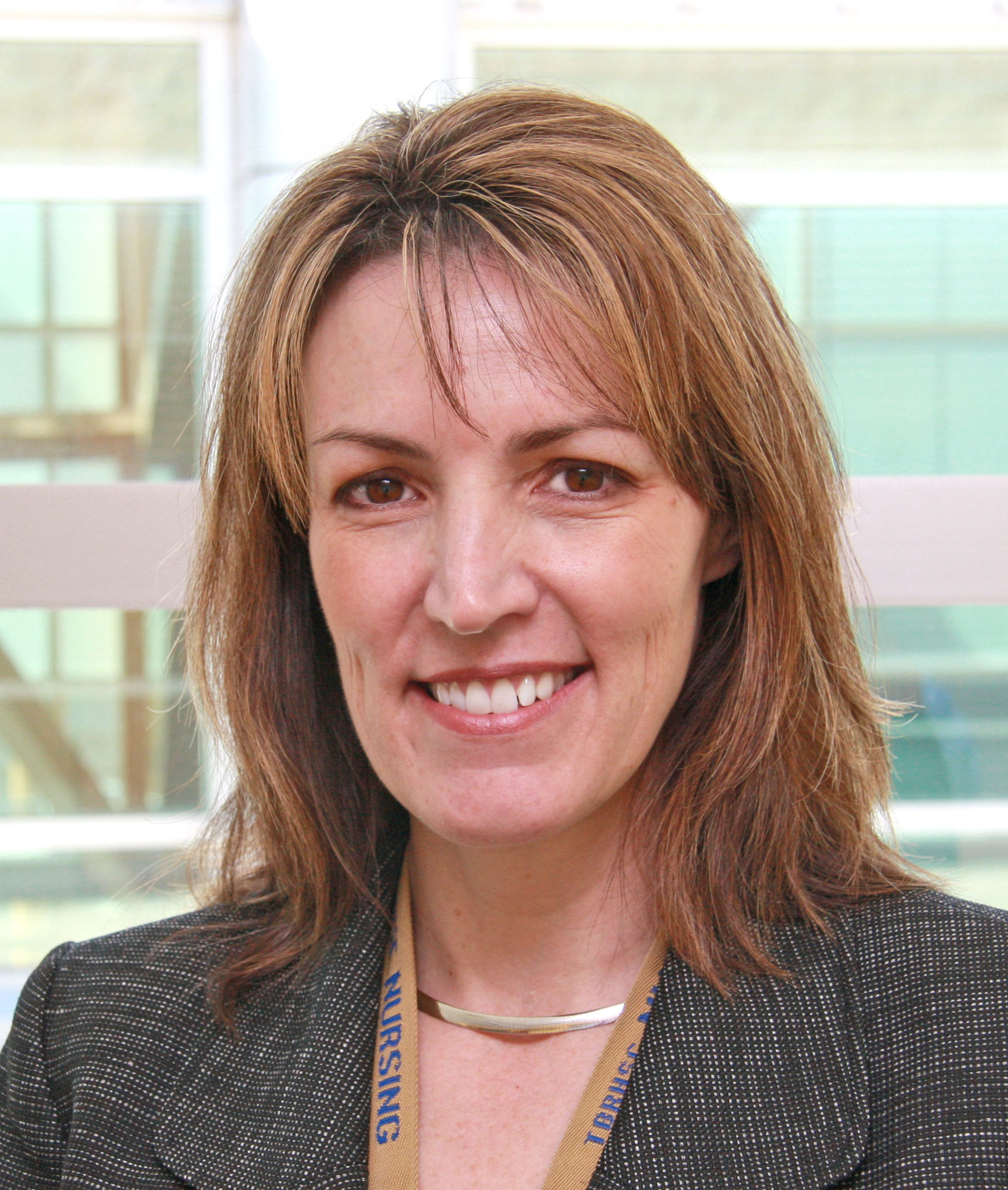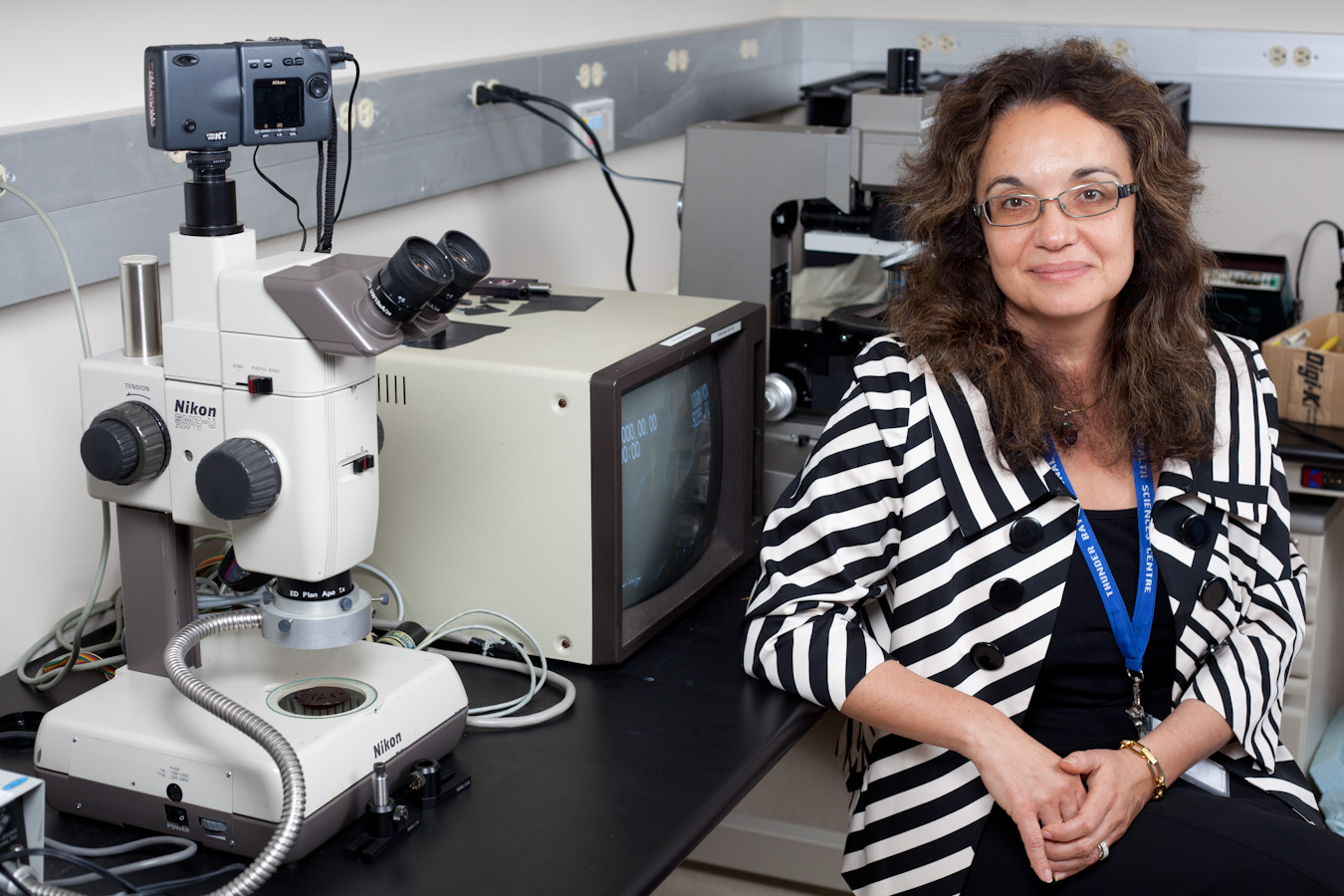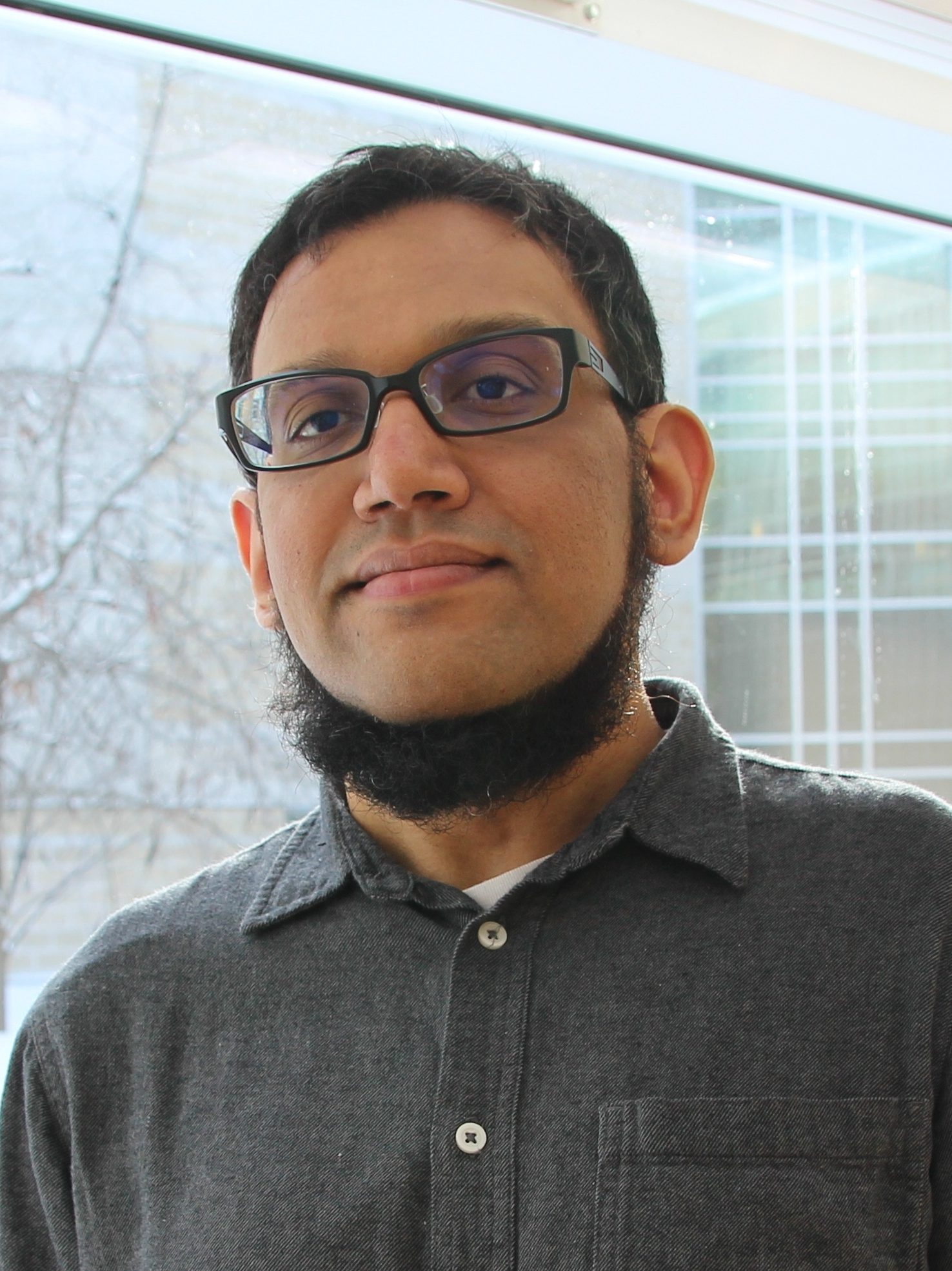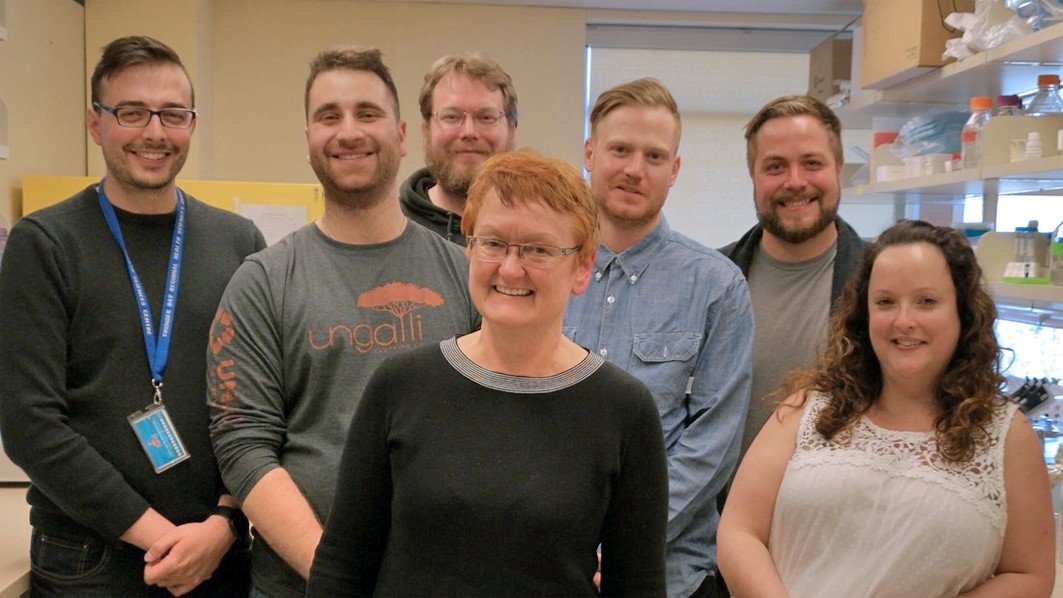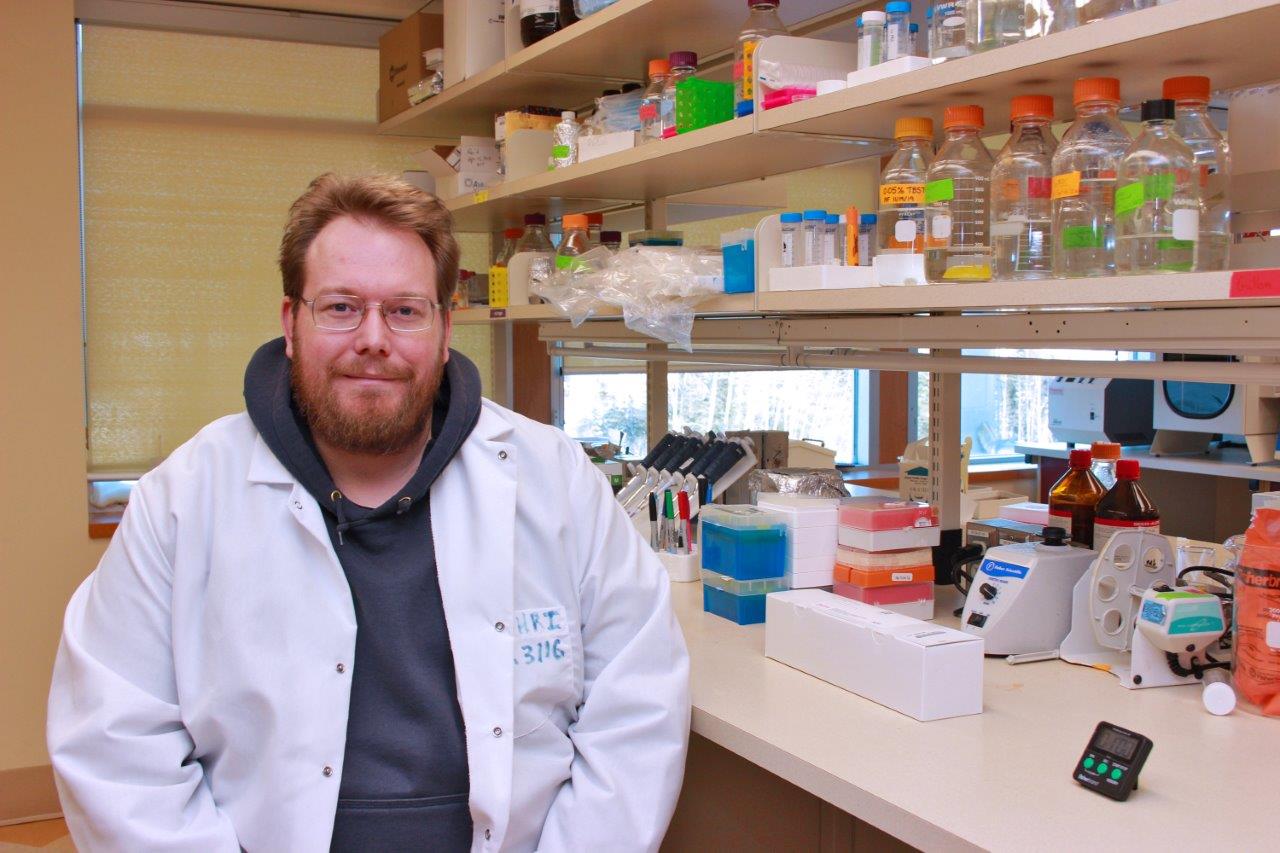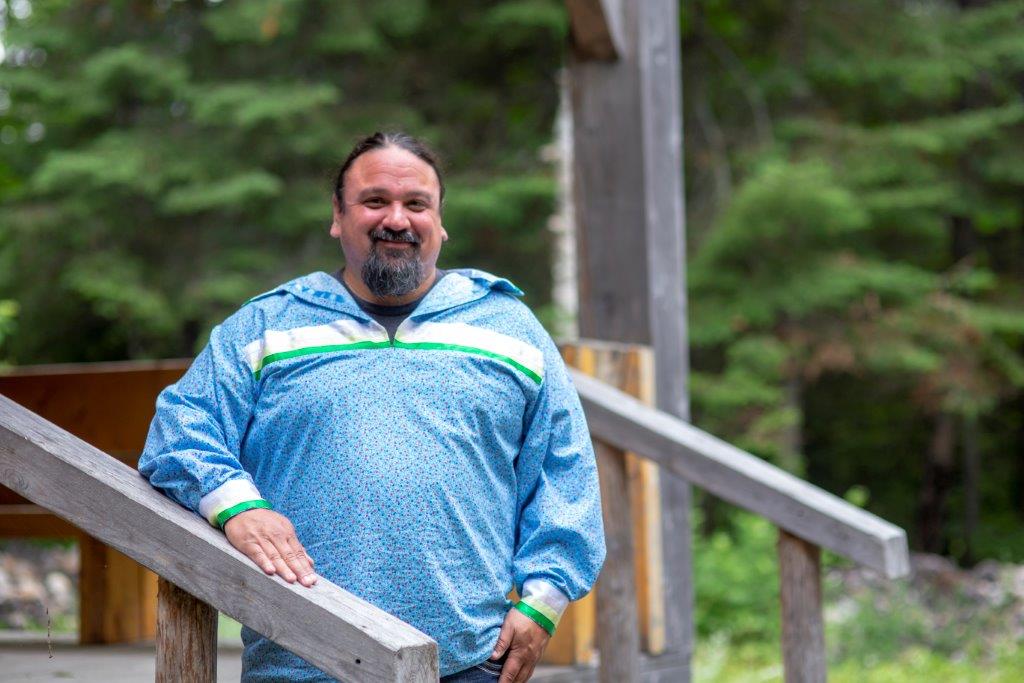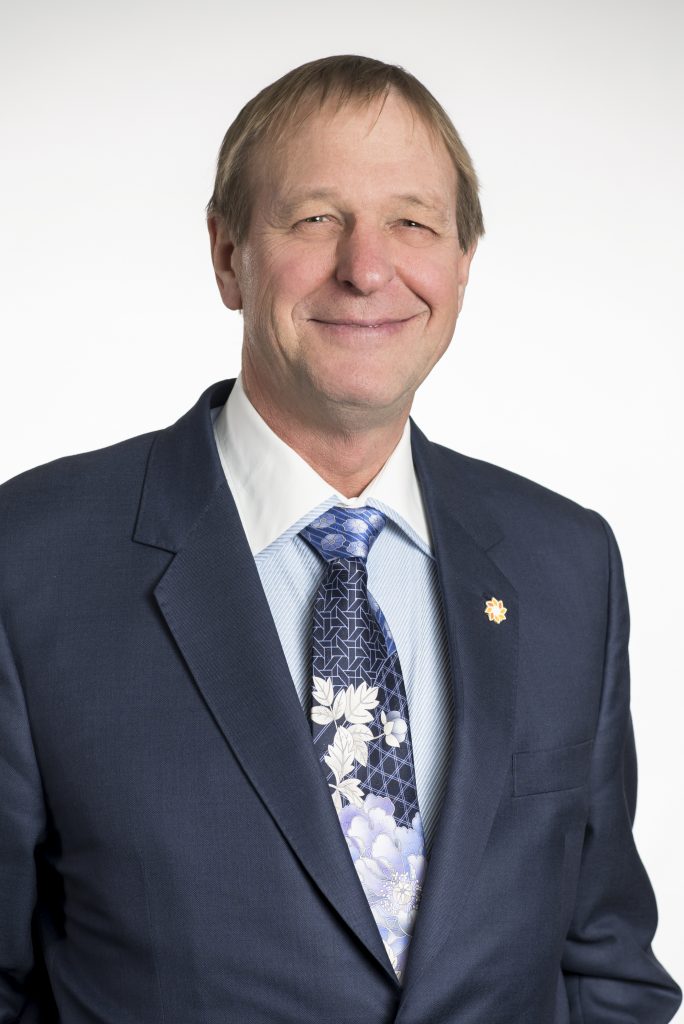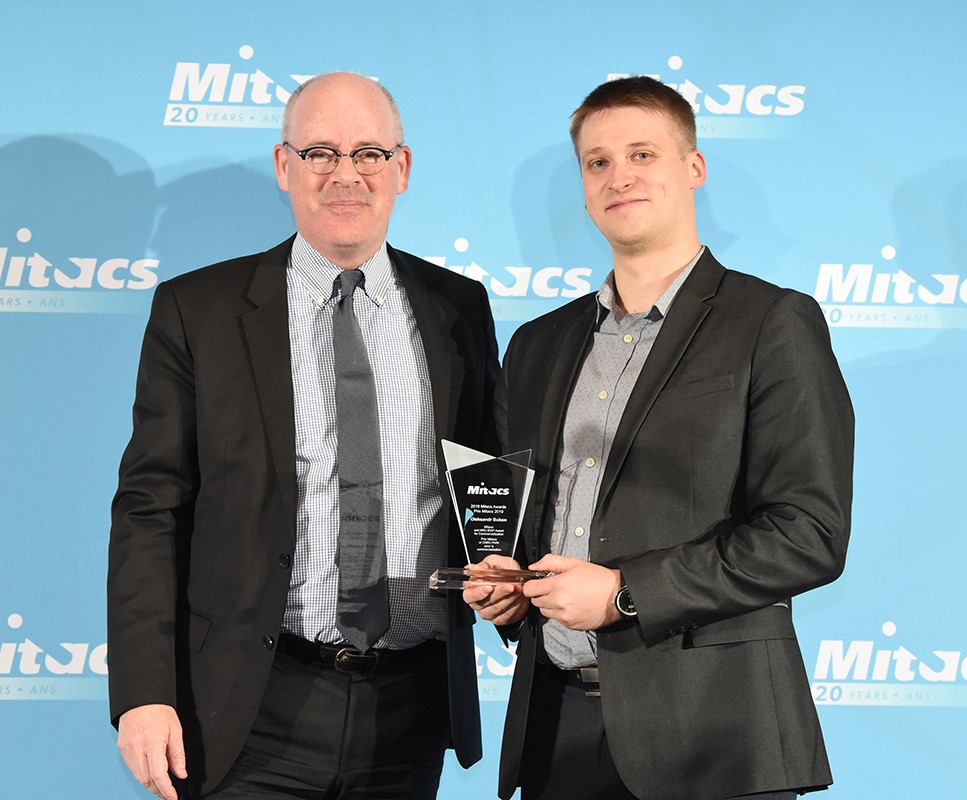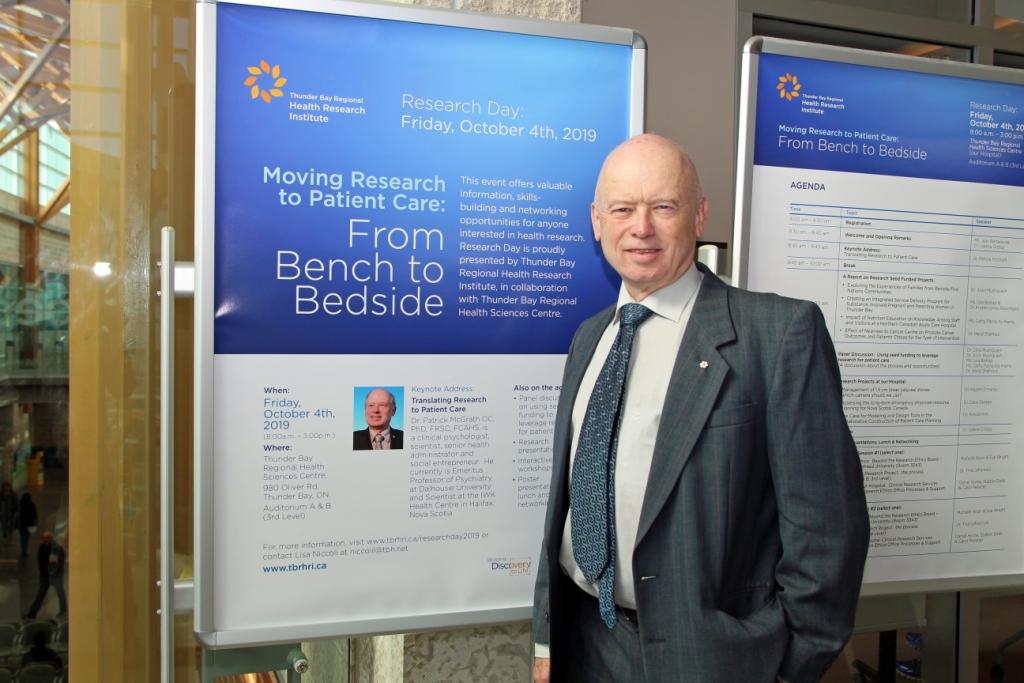Dr. Rhonda Crocker Ellacott has been appointed as the President & Chief Executive Officer of Thunder Bay Regional Health Science Centre and Chief Executive Officer of the Thunder Bay Regional Health Research Institute, effective November 23, 2020. The announcement was made today by Matt Simeoni, Board Chair Thunder Bay Regional Health Sciences Centre and Chair of the CEO Selection Committee, and Dr. Andrew Dean, Board Chair of the Thunder Bay Regional Health Research Institute.
“This is excellent news for our Hospital and Health Research Institute. The Board is absolutely confident that Rhonda is the right person to lead our Hospital through the development of a new strategic plan and health system transformation,” said Simeoni. “She is a highly respected and proven leader, as well as a champion of patients and families, as demonstrated by her three decades of growth and success.”
“Rhonda is a visionary who is driven by advancing and enhancing patient experiences. Her comprehensive background in the health care system and specific knowledge of and passion for Northwestern Ontario make her the ideal person to inspire and guide ongoing innovation in health research at our Health Research Institute,” added Dean.
Rhonda is currently the CEO of North West Local Health Integration Network (LHIN), and CEO of North East LHIN and Transitional Regional Lead for Ontario Health in the North Region. She was formerly the Executive Vice President, Patient Services and Chief Nursing Executive of Thunder Bay Regional Health Sciences Centre and Chief Executive Officer, Nipigon District Memorial Hospital. Many of Rhonda’s accomplishments contributed to the growth and enhanced quality of health care. For example, Rhonda introduced Patient and Family Centred Care (PFCC) at Thunder Bay Regional Health Sciences Centre, nurtured it into an organizational philosophy, and has since expanded it to ensure the voices of patients and families influence health care access and delivery throughout Northern Ontario.
As a seasoned health care executive with over 30 years of progressive health care experience in a plethora of complex health systems, Rhonda has led complex systems level changes, advanced health system transformation, advanced quality improvement, inspired and developed innovations and garnered the trust of teams and colleagues. Rhonda has a track record of motivating vision, establishing strong and effective teams, empowering leadership, and nurturing and developing partnerships and networks across the broader health system.
Rhonda is inspired and honoured to begin this new chapter with the Hospital and Health Research Institute. “The values, collaboration and dedication of staff are familiar and match my personal principles. I look forward to connecting again with the dedicated staff, professional staff, scientists, Patient Family Advisors and volunteers. In this new role, I will rely heavily on their collective knowledge, skills, and commitment to safe, quality care as we advance our vision of being Healthy Together.”
Late last year, Jean Bartkowiak announced his intention to retire from his role as President & Chief Executive Officer of Thunder Bay Regional Health Science Centre and Chief Executive Officer of the Thunder Bay Regional Health Research Institute. We are grateful that he will continue to provide outstanding leadership until November 20, 2020.

